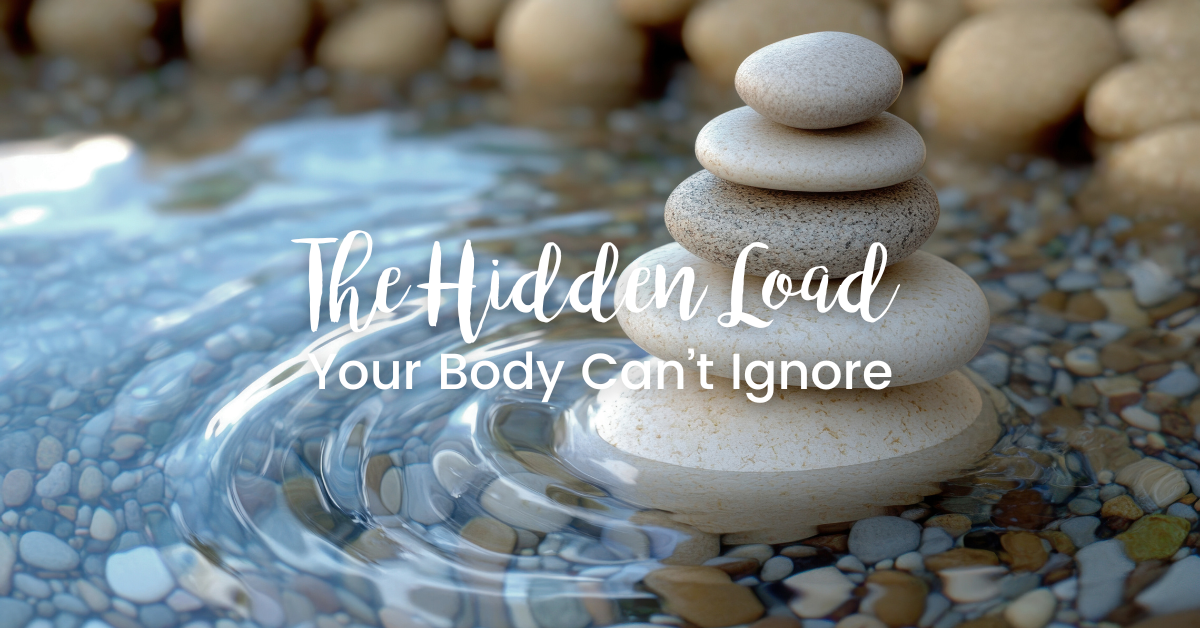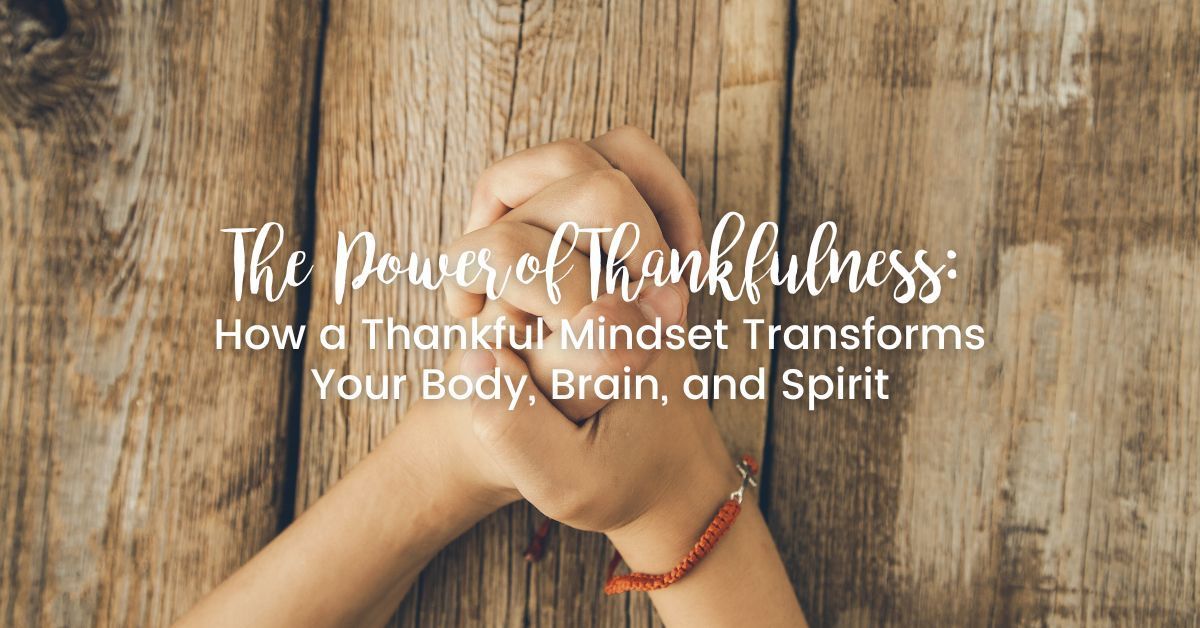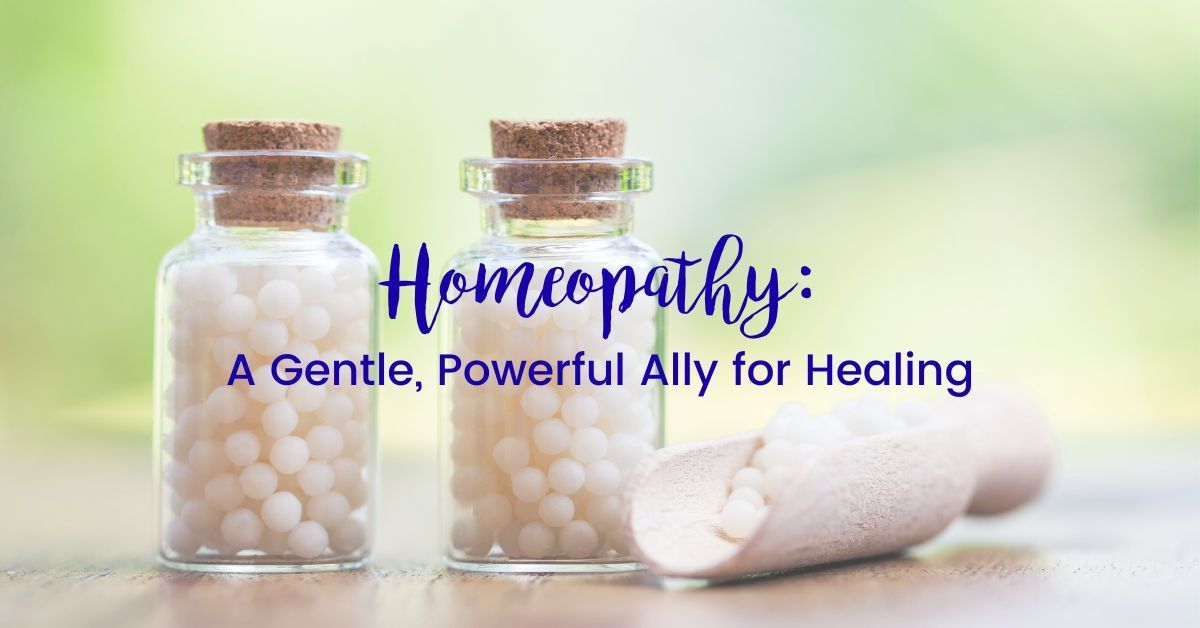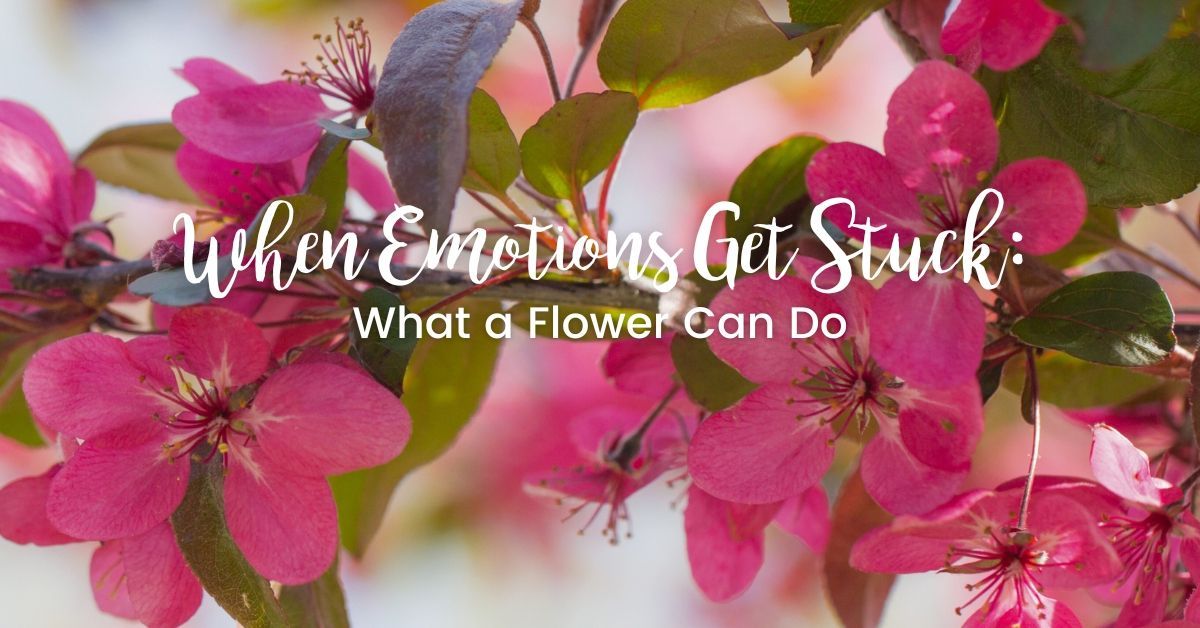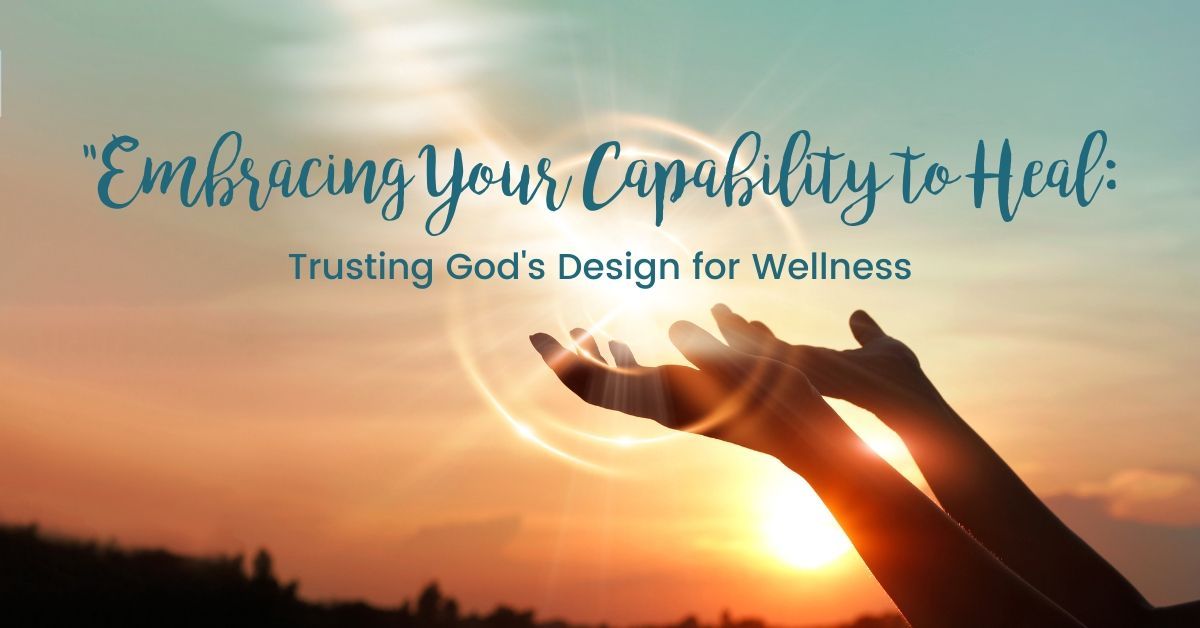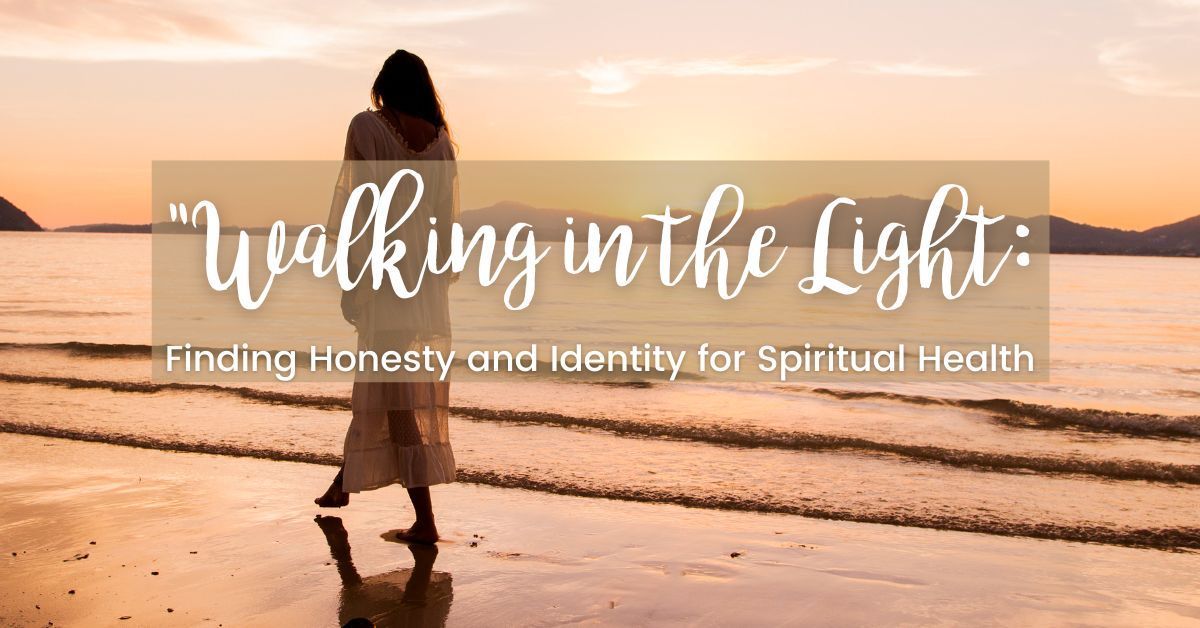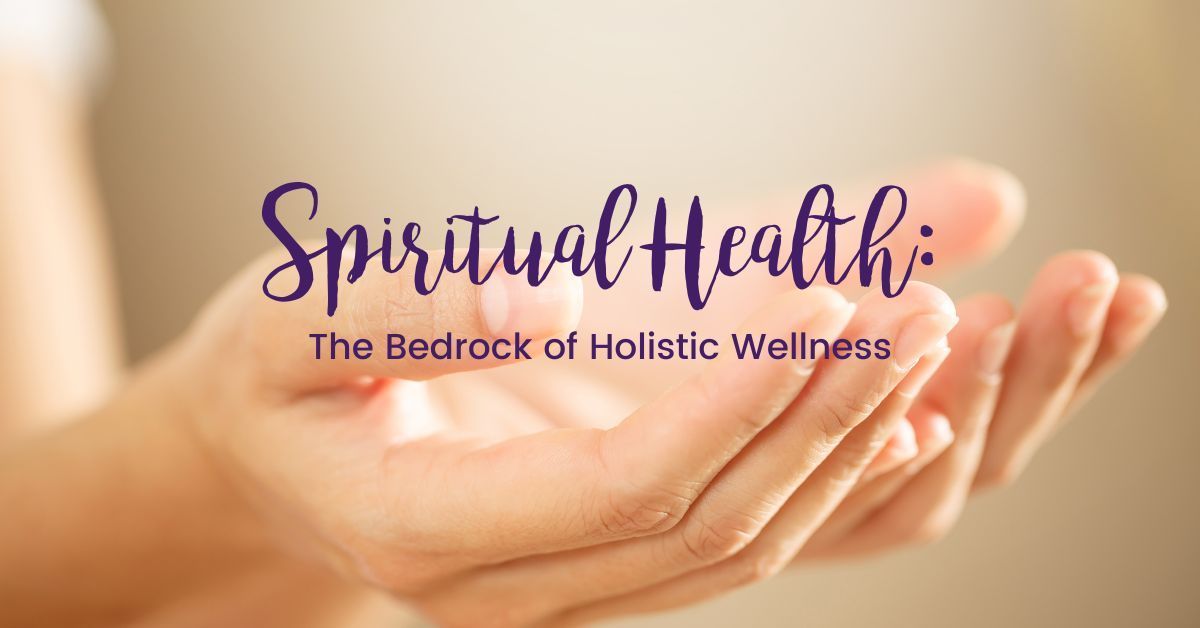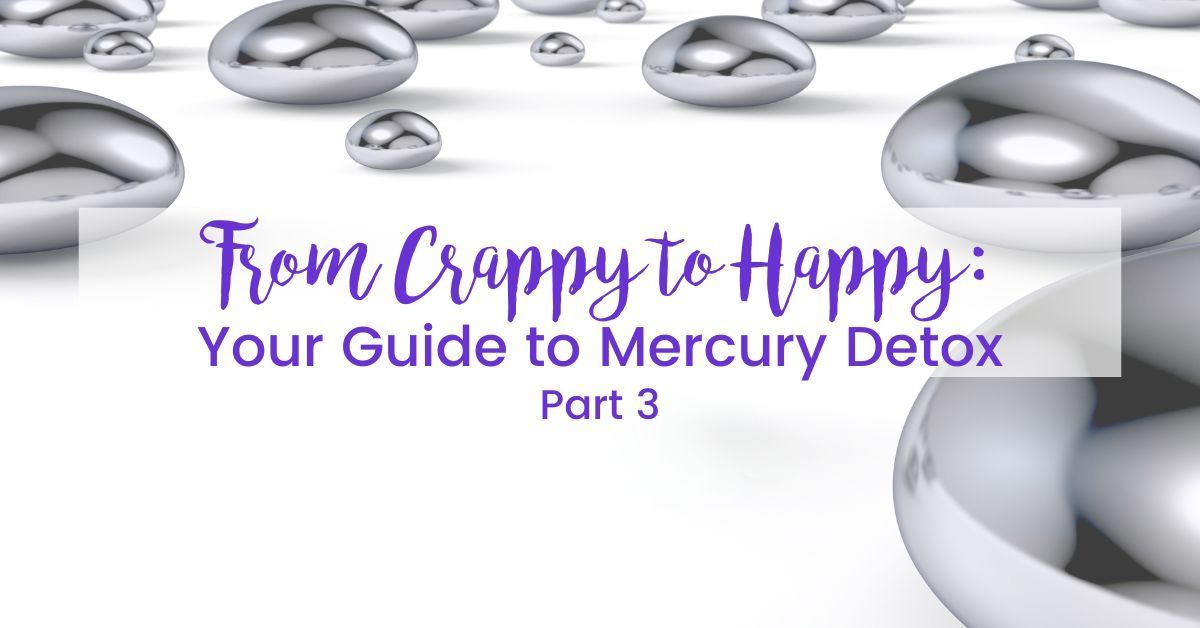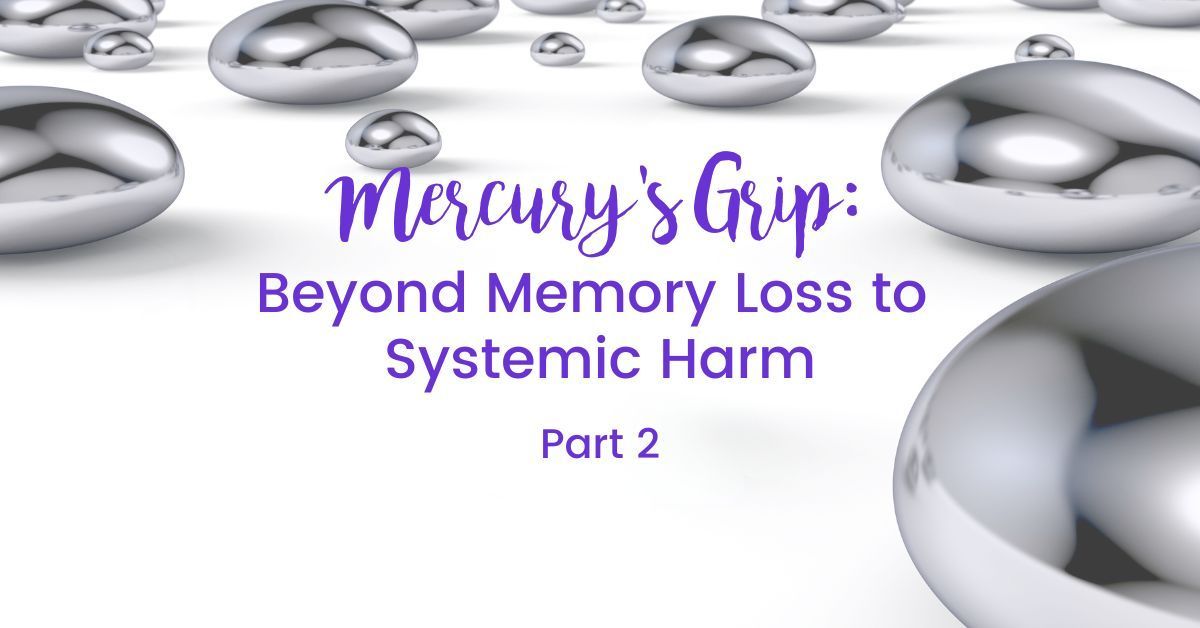This is a subtitle for your new post
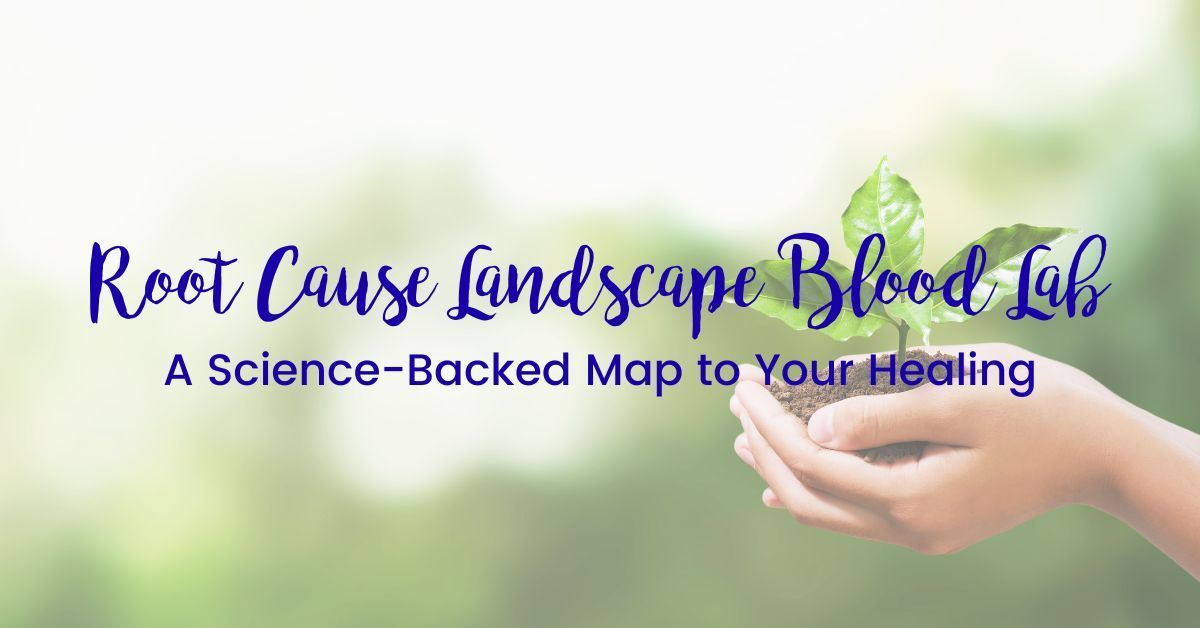
The Root Cause Landscape Blood Lab:
A Science-Backed Map to Your Healing
by Kari Barron
Guided by faith. Grounded in wellness.
If you’re tired of hearing, “Your labs look normal,” while you still feel exhausted, foggy, and not-yourself—this is for you.
I call this test the Root Cause Landscape because it does what standard labs often don’t: it gives us a big-picture view of your internal terrain—how inflamed or burdened your system is, how well your cells make energy, and how resilient your metabolism really is.
Let’s break this down.
Why I Chose This Test
Like many of my clients, I spent years being told I was “normal” while my body was saying otherwise. Traditional labs are designed to flag disease ranges, not to ask why you feel unwell. The Root Cause Landscape (developed through close to 30 years of research and now offered via Labcorp’s NMR technology) flips that approach. Instead of chasing labels, it helps us spot the roadblocks that keep your God-designed body from healing the way it was created to.
I chose it because it is:
- Holistic but measurable. It summarizes the whole terrain—inflammation, toxin burden, cellular energy, and nutrition.
- Action-oriented. It tells us where to look next so we’re not guessing about follow-up labs or protocols.
- Accessible. It’s affordable (often under $100), quick to draw, and easy to repeat to track your progress.
- Empowering. When you re-test, you can literally see how your choices—and our plan—are changing your inner landscape.
Who This Helps (and How)
This test was made for women you—faith-driven, capable, and doing “all the things,” yet stuck in cycles of:
- Persistent fatigue (even after a full night's sleep)
- Brain fog and low focus that make simple tasks feel heavy
- Hormonal ups and downs that disrupt mood, skin, cycles, and weight
- “Normal” results from other labs, that provide no real next step
If that’s you, the Root Cause Landscape becomes your clarity map—it shows what’s silently draining your energy so we can remove the blocks and nourish what’s weak.
What the Root Cause Landscape Measures (Plain English)
There are six markers, but think of them as four conversations happening inside your body:
1) Inflammation & Hidden Infections — GlycA
- What it is: A protein signal that rises with immune activity (infection, allergies, trauma, even sustained emotional stress).
- Why it matters: Chronically elevated inflammation steals energy and slows healing.
- Next steps when elevated: We may confirm with targeted labs (e.g., gut microbiome, tick-borne pathogens, or a modern food sensitivity panel) to identify the actual irritant so we can address it.
2) Detox Capacity & Toxin Load — Small HDL Particle Number
- What it is: Your bloodstream’s “cleanup boats.”
- Why it matters: Too few boats = toxins linger, weighing down hormones, mitochondria, and mood.
- Next steps when low: We identify exposures (plastics/BPAs, molds, metals, household or food-borne toxins) and support drainage pathways (hydration, fiber, binders as appropriate, castor oil packs, sweat/lymph). When we know the what, we can stop the re-exposure.
3) Cellular Energy Production — Citrate
- What it is: A window into mitochondrial function (how your cells make ATP—cellular energy).
- Why it matters: When mitochondria sputter, you sputter: fatigue, slow recovery, low resilience.
- Next steps when off: We look for microbial or nutrient factors on an Organic Acids Test (OAT), then re-ignite the “spark plugs”: minerals (especially magnesium), B-vitamins, CoQ10, oxygenation, rhythm (sleep/sunlight), and stress relief.
4) Nutrition, Blood Sugar & Adrenal Rhythm — Valine, Leucine, Isoleucine (BCAAs)
- What they are: Amino-acid indicators tied to protein use, blood sugar balance, muscle repair, and steady energy.
- Why they matter: Imbalances often mirror under-fueling, poor digestion/absorption, or blood sugar/adrenal stress.
- Next steps when off: We personalize a protein-fat-carb rhythm (my women’s pattern progresses carbs across the day), improve digestion, and use training/adaptogens, homeopathics and gut support.
Bottom line: These six markers let us see the root blocks—infection/inflammation, toxins, mitochondrial slowdown, or nutrition issues—so we address the right thing, in the right order.
The Score: Resilience You Can See
The overall score translates to resilience (strength + flexibility). Lower is better. I don’t “treat the number”—we support the God-designed systems, and the number improves as your terrain heals. Many clients start in the 50s; with focused work, moving into the 30s is realistic. The joy is watching your lived experience (more energy, calmer mood, clearer mind) align with the trend on paper.
How We Use It in Your Healing Journey
Test: Do the Root Cause Landscape draw (quick, affordable, repeatable)
Map the terrain: Review your four conversations—Inflammation, Toxins, Energy, Nutrition
Target follow-ups (only if needed)
Once we can see whether inflammation, toxins, or nutrient imbalances are part of the picture, you may choose to take the next step and pursue specialized labs with me. These help us see the details of what’s indicated — such as specific infections, toxin loads, or nutrient patterns — so we can target your body’s support more precisely and avoid guessing.
.Build your step-by-step plan: Open drainage, calm inflammation, lighten exposure, restore mitochondria, balance meals and rhythms.
.Re-test for feedback: 4–8 weeks later, check your progress. Adjust. Repeat
Healing is a partnership—between you, me, and the intelligent design of your body. If you’re showing up and not getting results, we reassess. If something’s missing, that’s on me to refine the plan.
Faith at the Core
I pray with and for my clients because I believe your body was designed by God to heal. When we remove the blocks and give it what it needs, it does heal. Data is helpful, but it’s not your identity. This test simply helps us honor how wonderfully you are made—and steward that gift with wisdom.
What's the Next Step?
If you’re ready to understand why your body feels tired, foggy, or off balance, starting with the Root Cause Landscape: Core Health Blood Panel is a simple and affordable next step.
This test gives you a clear picture of what’s happening beneath the surface — the inflammation, toxins, or energy imbalances that may be slowing your healing. It’s the same tool I use with new clients before building any wellness plan, because it helps us see where your body is asking for support first.
Curious what your own markers might reveal?
You can learn more about the Root Cause Landscape for only $99.
👉
Click here to explore what’s included.
(Clicking doesn’t order the lab right away — it simply opens a page with full details so you can decide if it’s right for you.)
Your body was designed by God to heal. Sometimes, it just needs a little help uncovering what’s been standing in the way. This test is where we begin to see that bigger picture — and start the journey back to your best energy, clarity, and peace.
DISCLAIMER: This information is for educational purposes and not intended as medical advice.
